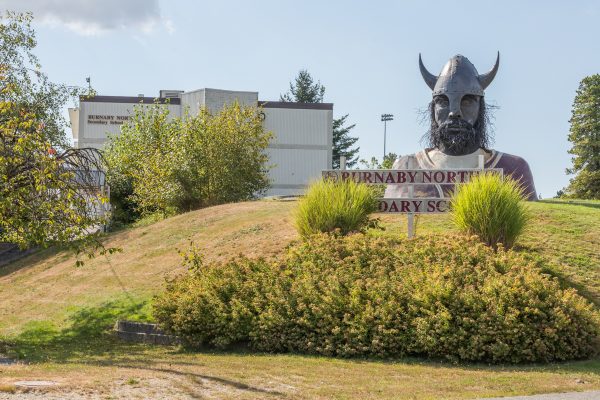
Brian Li, Grade 10

Whether you’ve taken Concert Band, or have simply decided to choose fewer than eight courses, you’ve found yourself with a spare block. Now, the inescapable question is: what can you do with it? Or, more importantly, what should you do with it?
The answer for most people would be something along the lines of watching Breaking Bad reels on Instagram, but I won’t elaborate on that option for the sake of my article. Let’s first start with some restrictions on what you can do in a spare block.
While spare blocks are sometimes called free blocks, the name is a misnomer, as you aren’t exactly ‘free’ in a spare block. A spare block is only seventy minutes long; thus, you are considerably limited by time (unless you aren’t really into the art of attending class). Being limited by time essentially equates to being limited by distance; you might not want to go grocery shopping, and taking down the Kremlin may take more than a spare block. This limit results in another issue that is amplified in spare blocks: if you want to leave the school grounds to go somewhere, you will lose time due to travelling, and thus your short spare will become even shorter. Another important point to consider is resources. Since you are limited by time, you’ll have to plan on carrying what you need with you if you intend on using it. Therefore, taking in all of this, the best thing to do would be to keep what you do during your spare block within the school parameters.
Given these restrictions, your choices as to what you can do are rather limited. However, there are still several practical options.
The first option you have is to simply do any homework from classes you have, or to study for tests. I take advantage of this first option often, as, at the beginning of the year, I had found myself with a strategically placed spare block immediately before Chemistry. This has helped me tremendously in terms of last-minute studying (which is a thrilling habit, but ultimately a poor life choice). Additionally, doing homework and studying at school clears up space for you to do things at home that you cannot do at school.
Another option is to never have a spare block in the first place, and to fill in the spare block with another course. This can be useful, especially for those who want to take courses they are interested in while still meeting credit requirements, but it has the potential to result in feeling overwhelmed.
The third option is to self-study for a course or test of your own choosing. This is not really an option unless you intend on taking AP courses or certain standardized tests. Of course, the main issue with this option is the potential difficulty from lack of instruction, but the vast troves of information available online make this option feasible. Using a spare block to self-study can be especially useful, since it allows you to register for an AP exam (at another school) without having to take the course, meaning that you can take the exam at a lower grade.
The fourth and last option is to do anything else, really. Things like going to Starbucks, hanging out with friends, or actually reading the Charter of Rights and Freedoms for the first time. The most prized quality of a spare block is that they give you the freedom to make decisions based on your situation, which changes frequently, and to do what you feel like you need to do. Maybe what you need to do is homework, or to talk with your friends, or to simply take a break from the rat race. A free block is free in that it’s up to you to decide.
And, maybe, instead of watching Breaking Bad reels, you should go and watch the show.